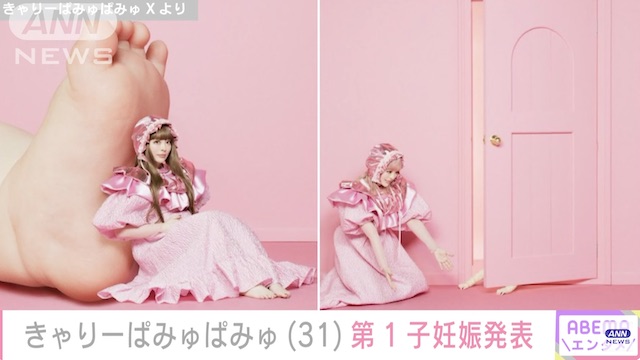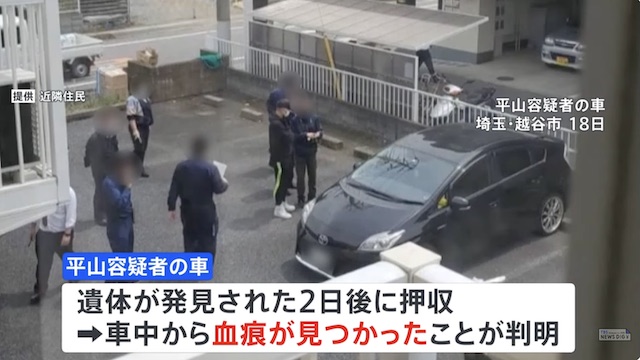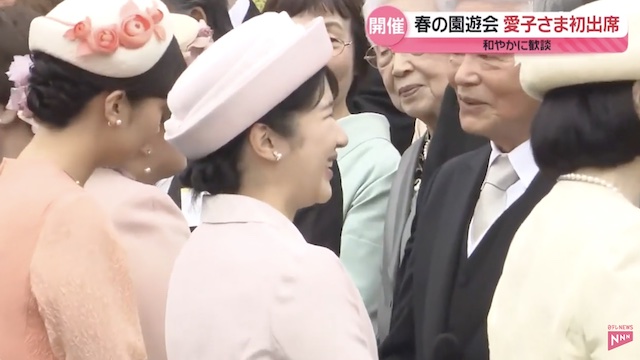Jul 24 (universityworldnews.com) - Against the backdrop of mounting tensions between Western nations and China, Japan is taking new steps to safeguard its own advanced research, including tightening the screening of foreign students and researchers to prevent leaks to foreign countries of advanced technologies, particularly those with possible military applications. Visas for foreign researchers will be more closely reviewed.
The Japanese government has stated that financial aid will not be granted for university research if there are concerns or risks of technology outflow.
Under proposed new rules, domestic researchers will be required to disclose foreign funding sources when applying for Japanese research subsidies. This was not required in the past.
On 17 July Japan’s cabinet adopted the Integrated Innovation Strategy 2020 which includes new steps to monitor ongoing international research collaboration. The proposed change warns that “leaks of technical information and talent have already occurred as a result of active information collection by countriesâ€.
The strategy includes support to raise awareness among Japanese companies, universities and research organisations about information leakage and technology theft and to beef up coordination between ministries and agencies to strengthen security measures.
Universities and research organisations will be provided with support to strengthen security, including access to sensitive and confidential technological information.
“The new strategy is in response to similar steps taken in Western countries to protect domestic technology from theft. We will follow the government’s measures, which still need to be ironed out, with detailed steps for better monitoring,†explained Kimiyo Saito, spokesperson for the Integrated Innovation Strategy Promotion Council, a funding entity under the Cabinet Office.
Aligning with Western policies
In late June, Minister of State for Science and Technology Policy Naokazu Takemoto said at a press conference he would investigate reports that students and researchers from China had been involved in transferring technology from United States universities to China, in order to “decide how universities in our country should respond to such casesâ€.
A number of Chinese academics at universities and other organisations in the US have been charged with failing to disclose research funding from China, or transferring research and intellectual property to China.
Most recently, a US federal court this week charged a Stanford University visiting researcher, alleged to be an active duty member of the Chinese military, with visa fraud for not disclosing her military status while conducting medical research at Stanford.
In May the US administration announced a visa ban on graduate students from China who are “associated with entities in China that implement or support China’s military-civil fusion strategyâ€.
The US has controls on exports, including research conducted by foreign nationals, that include a growing list of Chinese organisations and universities. US trade sanctions can also target third countries that collaborate with military-linked entities.
Experts view the Japanese government moves as aligning with the West.
“Politically speaking, as Japan is a close ally of the United States, it is expected to pursue a confrontational approach with China that is retaliating with equal force,†said Futao Huang, a professor at the Research Institute for Higher Education at Hiroshima University in Japan.
Target is Chinese researchers, students
“The target of the new strategy will focus on Chinese students and researchers, especially those working in hard science sectors related to military research or sensitive fields.â€
However, Huang does not expect a big overall impact on Japanese universities from the new research guidelines. “The focus is on technology that can be linked to potential military applications. I don’t believe there is the same concern over social research,†he explained.
Others worry that the pressure on Japan from its Western allies will affect higher education ties with China.
“Japan and China have close relations and joint research and exchanges between the two countries have been strong and supported by both governments,†said Akira Ishikawa, a researcher at the government-affiliated China Research and Sakura Science Center, which supports academic ties between Japan and China.
Chinese graduate students comprise around 50% of research students in top universities in Japan such as the University of Tokyo. Most top Japanese universities, such as the University of Tokyo, Kyoto University, Hokkaido University and the private Waseda University, have offices in Beijing and are pursuing closer bilateral academic ties.
Public funding from China has supported joint research at these universities, including in the fast-growing information technology and autonomous driving technology fields. Banning research funding for at-risk universities could have serious knock-on effects for Japanese research.
Japan has strong technology exchanges with the United States. The Nikkei newspaper reported on 23 June that Washington has been warning Japan about technology drain to China, but Japan has not been able to grasp the full picture. The US has also admitted it does not have full details of Chinese institutions’ military links.
Japan’s education ministry reported in March 2018 that total subsidies to Japanese government-backed universities amounted to JPY260 billion (US$2.4 billion).
The new strategy that calls for stricter management of foreign researchers and students could affect university research because, although this figure is limited compared to the JPY3.6 trillion spent on R&D in 2018, the initial public subsidy has a ripple effect, attracting funding from other organisations, and experts have pointed out that the line between civil and military research in many technologies, including aerospace and artificial intelligence, can be blurred.









